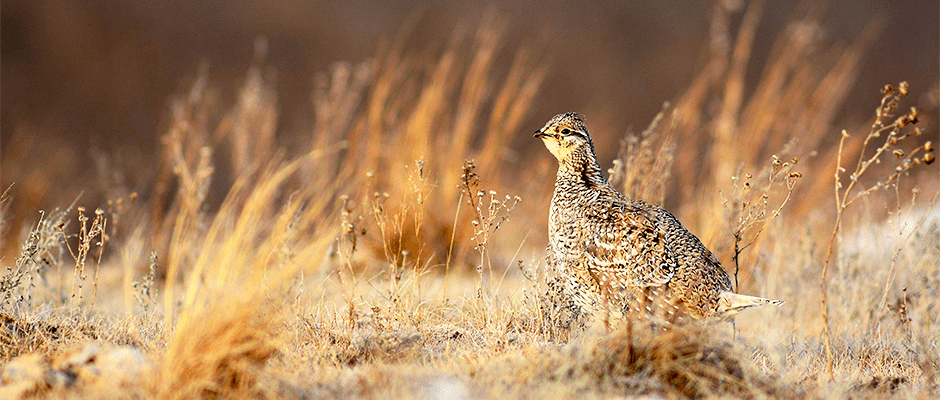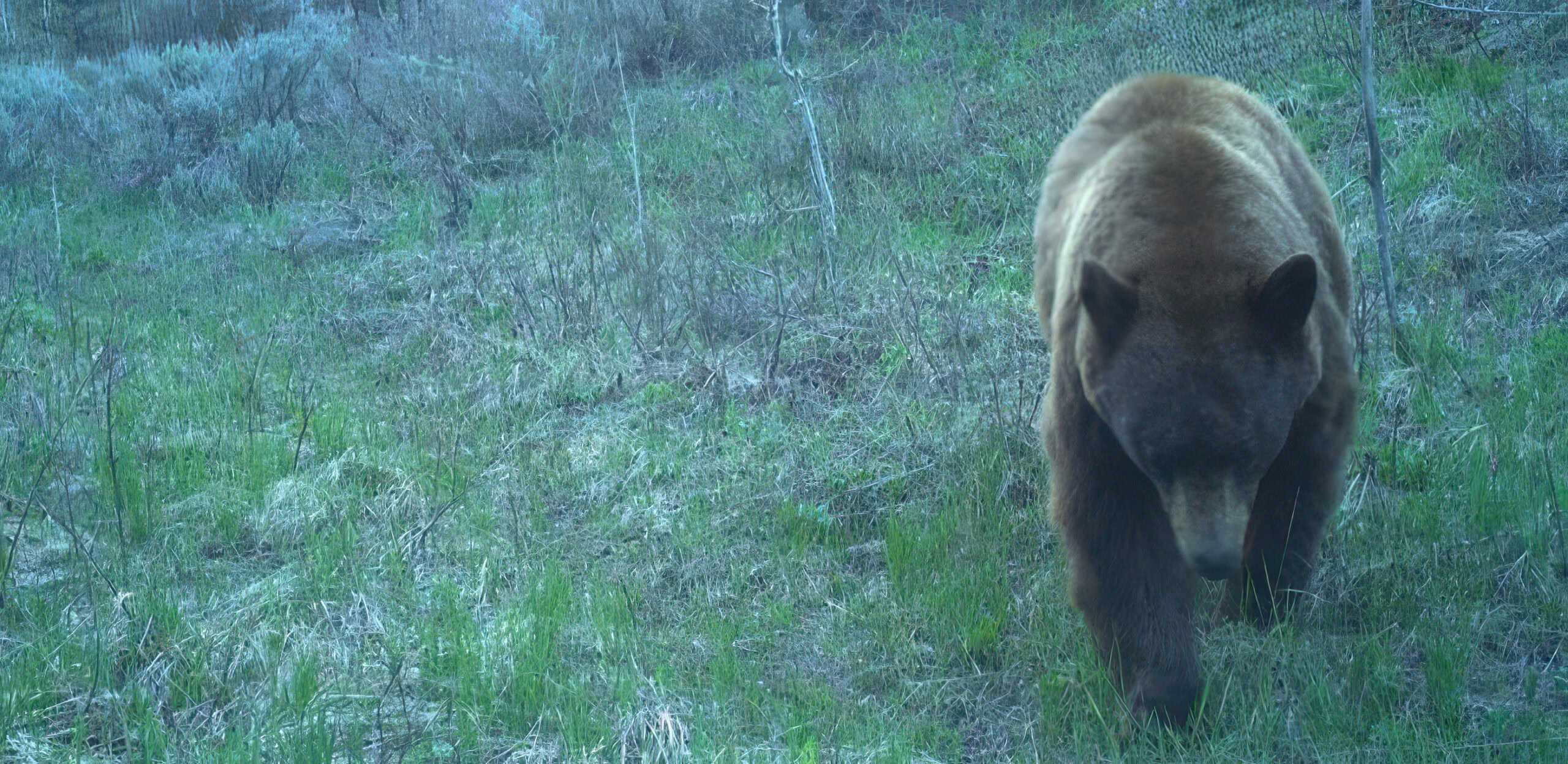Share this article
TWS endorses AFWA recommendations for 2018 Farm Bill
On Apr. 20, The Wildlife Society sent a letter in support of the Association of Fish and Wildlife Agencies’ (AFWA) Policy Priorities for the 2018 Farm Bill to AFWA President Nick Wiley. AFWA developed these recommendations through a collaborative process that included input from a diverse array of partners and professional societies — including TWS. In the letter, TWS emphasizes the need for incorporating AFWA’s recommendations into the next Farm Bill as a way to enhance private lands conservation. Specifically, TWS highlights the importance of increasing overall Conservation Title (Title II) funding; providing greater focus on priority fish and wildlife species and their habitat; ensuring that fish and wildlife conservation remains a co-equal priority with soil and water conservation; increasing synergy among all Farm Bill programs and titles; and recognizing the role of Certified Wildlife Biologists® in developing management plans and providing other technical assistance to address wildlife habitat objectives on private lands.
AFWA, who represents North America’s fish and wildlife agencies, works closely with the U.S. Department of Agriculture, to assist in the on-the-ground implementation of Farm Bill conservation programs that benefit fish and wildlife. Through their recommendations for the 2018 Farm Bill, AFWA seeks to improve these programs, which include the Environmental Quality Incentives Program and the Agricultural Conservation Easement Program, as they relate to fish and wildlife species and their habitat. In the document, AFWA also encourages a continuation of the partnership-driven and incentive-based conservation efforts of previous Farm Bills while offering ways to enhance collaboration between the U.S. Department of Agriculture, local and state agencies, and private landowners.
With nearly 70% of land in the contiguous United States under private ownership, effective conservation of the nation’s wildlife depends on the type of voluntary, private-lands conservation programs included in the Farm Bill. Moreover, as the nation’s largest investment in voluntary conservation, the Farm Bill provides unparalleled opportunity to advance the mission of TWS through an adaptive management framework that encourages collaborative conservation efforts between private landowners and wildlife professionals. As a result, TWS will continue to monitor developments in Farm Bill policy and serve as a resource for congressional offices in order to ensure use of the best available science when creating policies that impact the current and future status of wildlife resources on private lands.
TWS will also host a Farm Bill symposium at the TWS 2017 Annual Conference in Albuquerque, NM that explores various perspectives on Farm Bill conservation and examines recent scientific developments in fish and wildlife responses to Farm Bill conservation programs.
Read TWS’ Technical Review on Fish and Wildlife Response to Farm Bill Conservation Practices.
Header Image: ©USFWS, Rick Bohn








